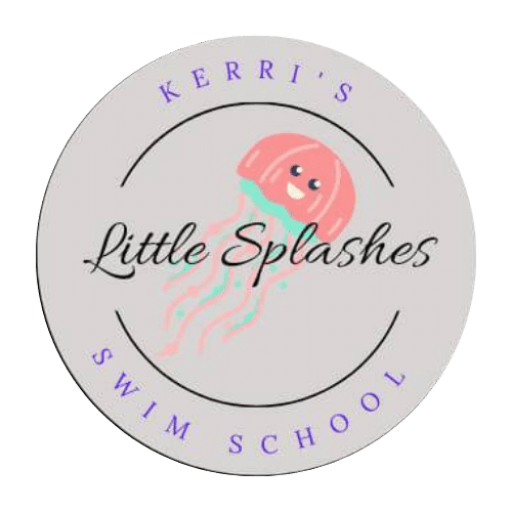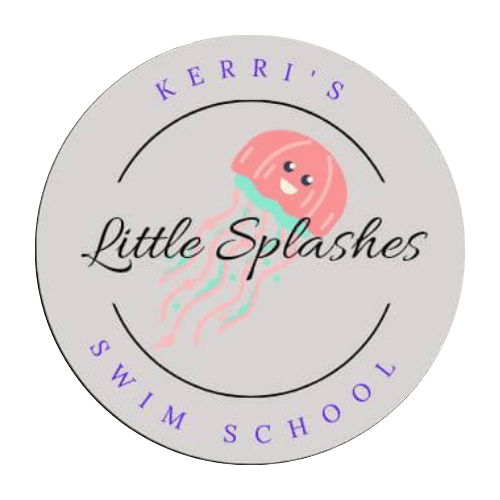
Little Splashes Benoni
Edit Content


Little Splashes (Pty) Limited has been born/built after 13 years of teaching children a love and respect for water, as well as a passion for the sport of swimming. Our philosophy is that teaching a child to swim should never be done at the expense of their emotional or physical well-being. Submersion is approached with caution and sensitivity. We believe that harsh, forceful methods should be avoided at all costs as an anxious child cannot learn. There is no quick fix when it comes to learning to swim and there is no such thing as a ‘drown-proofed’ child. Since every child is different, each one is taken at his or her own pace and children learn to swim and practice their skills through play and praise. This prompts behaviour that becomes increasingly sophisticated over time. Although children between the ages of 3 and 4 years old may be waterborne and able to swim in their own unique manner, they are developmentally not capable of coordinating or mastering formal swimming strokes until much later. We do not try to enforce specific styles of swimming on children at this stage as it stifles their initiative and takes all the joy out of swimming. It also lessens the chance of resourceful behaviour in the event of danger. Once skills have become learned responses to the aquatic environment, children are then taught to extend and build on their swimming ability in preparation for competitive swimming. We believe in and adhere to Long Term Athlete / Participant Development (LTAD / LTPD). The emphasis on our training and our aim and focus is always on quality and not quantity. It is also our firm belief that swimmers will not reach their full potential in the sport unless they have participated in an effective stroke development programme. Swimmers must know and understand the FINA rules, and various stroke drills and be proficient in all four of the legal strokes, starts and turns before they are referred for long-distance training. Placing a child into a full-on endurance programme prematurely may result in sports injuries so this is approached with discretion. Swimmers also need to be physically, emotionally and developmentally ready for this transition so that they do not “burn out” and to ensure that we do not lose the to the sport of swimming.
As parents, we always want what is best for our little ones. Babies are only born with 2 fears. The first one is Physiopedia, which is the fear of falling, and the second one is Phonophobia, which is the fear of loud noises. Babies are not born with a fear of water, however, we, as parents, often instil a fear of water into them. We do not do this on purpose, but just as a way of trying to get them to stay away from any body of water. By always telling them not to go near the swimming pool, dam, fish pond, bathroom etc., we are slowly but surely instilling that fear into them. Rather safe than sorry. By implementing a bath time routine with your little ones from as early as the day that they are born, we can help them to create a love, as well as respect for water. Here are a few simple things that you can do at home, in the bath, with your little ones, to prepare them for swimming lessons from the age of 6 months. Nobody enjoys getting out of a nice warm bath, into the freezing cold. Close the bathroom door while you are running the bath, and leave it closed to keep the warmth in, and the breeze out. This way, the air will feel much more agreeable to bare skin. Let bath time be a time of bonding with your baby. Eye contact is such a great way to communicate with your baby, and to let them know that everything is ok and that they are safe and loved. Bath time can be stressful, especially in those first few days, and your babies can pick up on your anxiety or uneasiness very quickly. Let bath time be a fun and exciting time for both you and your baby. Sing Nursery Rhymes to them and laugh and smile throughout the entire bath routine. Your baby loves your voice, so sing like nobody is listening. Getting water on your baby’s face is quite a daunting task, but it doesn’t have to be. Remember that they have spent their first 9 months in the womb, covered in amniotic fluid. Be playful in the bath and try not to shield their face from getting some water on it. Let them splash away and when washing their hair, don’t be scared to let some water drip down gently onto their face. Splashing has many benefits, some of which are sensory stimulation; exercise and emotional regulation. As you gently cradle your baby on their back, lower them so that their ears become submerged. This will help them overcome any fears of the sounds and feel of water in the ear—an exercise that’s especially useful when beginning swim lessons. If you start to implement some of these things into your everyday bath routine, your little one will want to spend as much time in the water as possible. In South Africa, babies can join a swimming class from as young as 6 months old. Be sure to sign them up for swimming lessons at a Registered swimming school, that has all of their Certifications and Qualifications up to date. Remember that an anxious child cannot learn, and swimming lessons should never be at the expense of their emotional or physical well-being.
